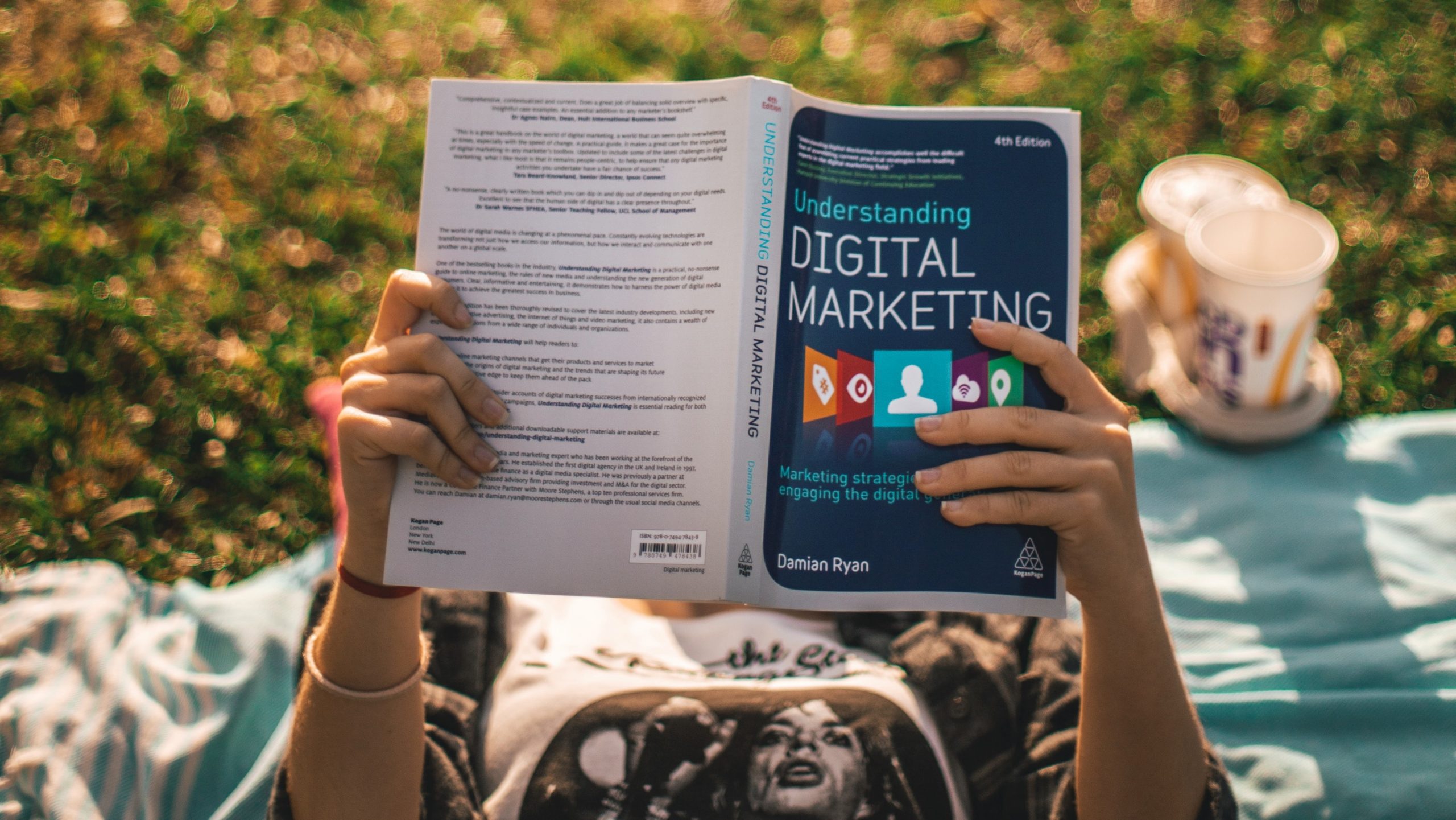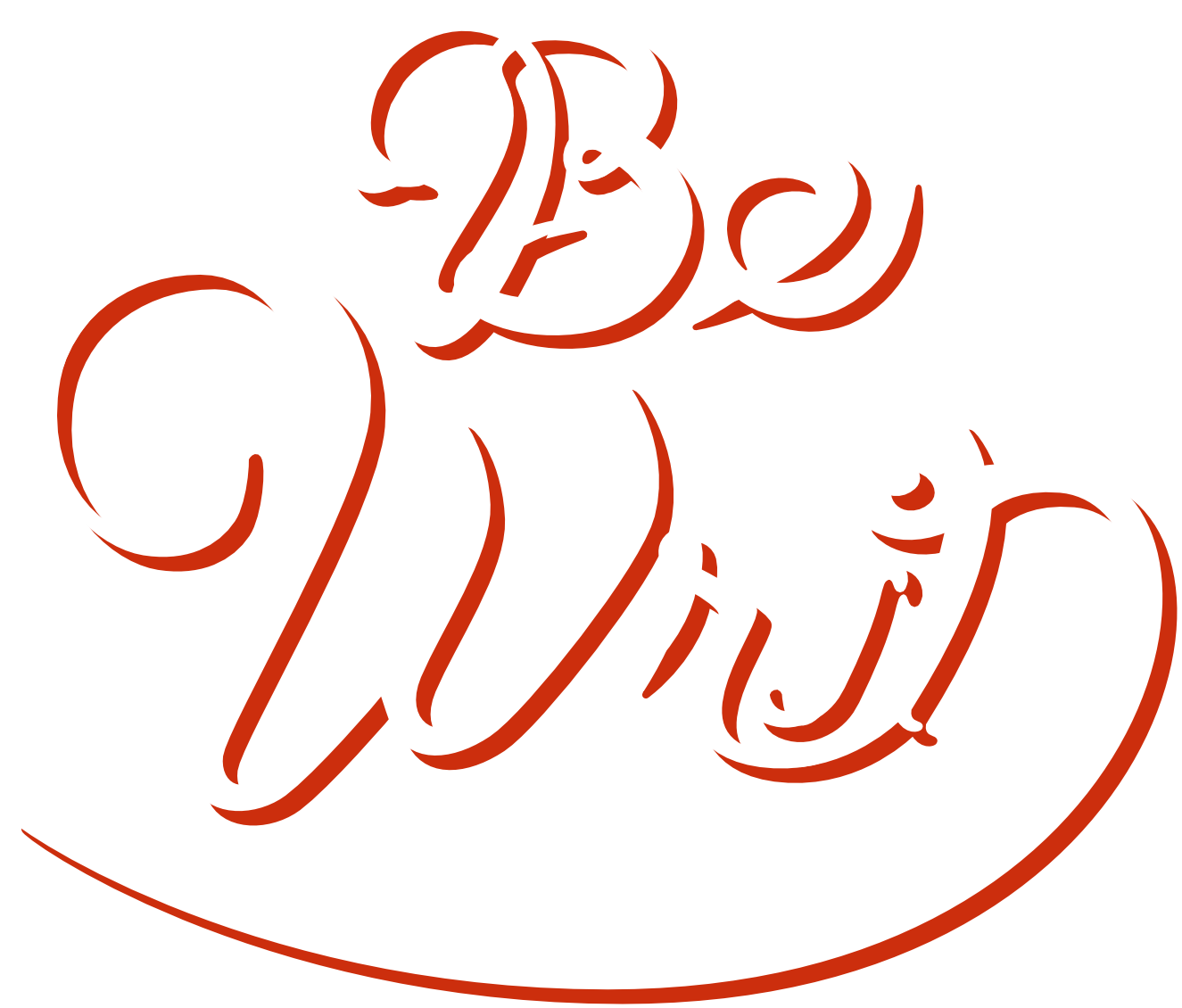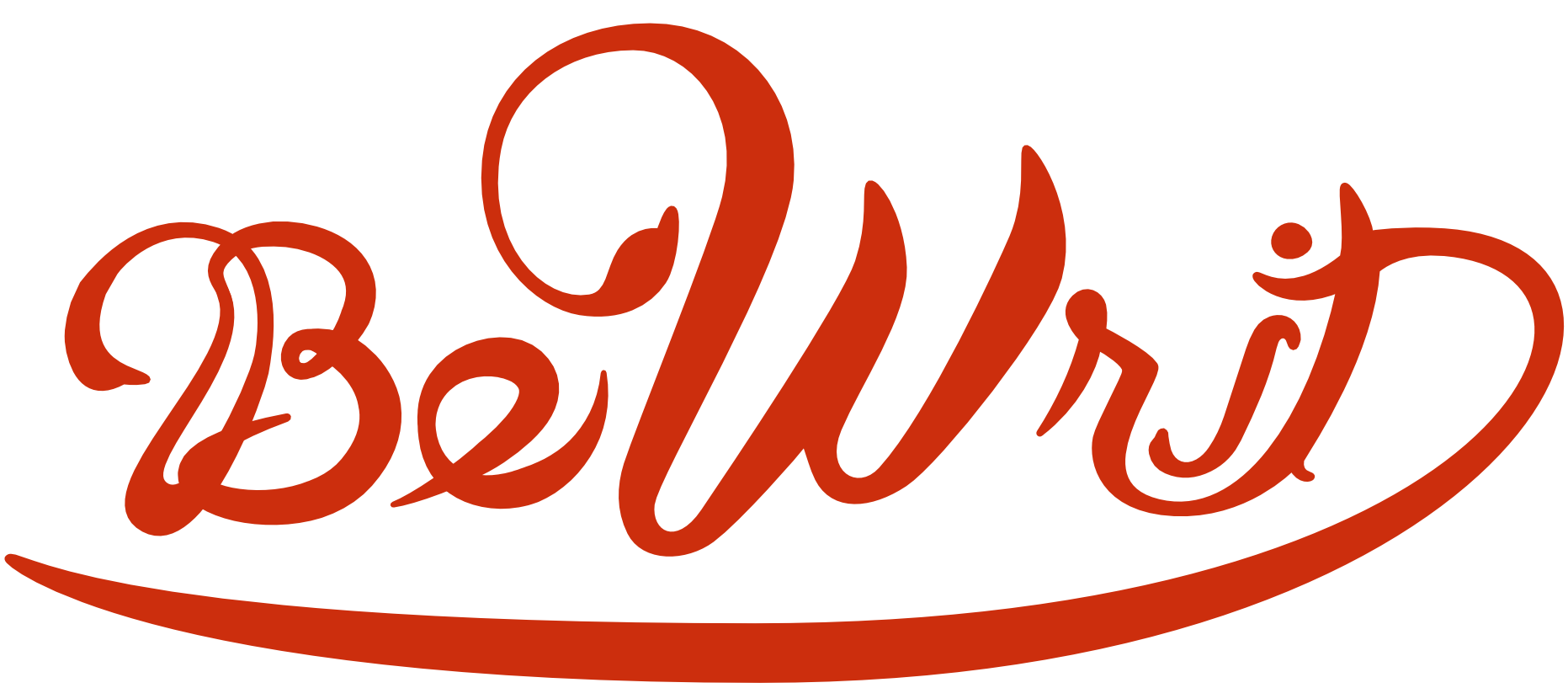
Book Marketing: 14 Ideas to Reach Higher Sales
If you recently finished writing a book, get ready to sell. Book marketing is one of the most important parts of your success as an author, especially if you're hybrid or self-publishing.
There are millions of inventive and creative ways to market your book. You could spend the process talking about your new title to everyone you know, for example. But with a few powerful book marketing techniques, you might reach record-breaking sales.
Here are 14 book marketing ideas to reach higher sales than you thought possible.
1. Utilize an Amazon Author Page and Book Categories

Love or hate it, Amazon is a leading website for books today.
Creating an Amazon author page helps sell your book and turn readers into life-long fans. The platform also allows you to add in an Editorial Reviews section (which makes you seem legit, track sales, respond to reviews, chat with readers, and more. Your Amazon author page has:
- Your biography
- Author photos
- All your books
- Promo videos
- Book trailers
- Feed to your blog posts
- Social media handles
- Website information
- Follow buttons
The book categories ensures your readers find you. You can add your book to a total of 10 kindle categories and 10 book categories. Alter the categories in your Author Central.
A few other quick tips for using Amazon as an author:
- Amazon uses a "Look Inside" feature where buyers can download the first 10% of your book, so end your sample on a cliffhanger to make them want to keep reading.
- Search for Amazon's "Top Reviewer" list in your genre and ask them to review your book (more on this below).
- Select the right kindle keywords to make it easier for Amazon shoppers to find your book.
- Use Amazon Marketing Services to run book ads.
2. Ask for Legit Book Reviews
Book reviews help readers want to purchase your title. In this scam-filled world, however, it's crucial to have legitimate book reviews. Ask your followers to submit book reviews on Amazon, Goodreads, or anywhere your titles are for sale.
If you sell books on Amazon, the website is your go-to. Make sure to reach out directly to any Amazon users with a "Top Reviewer" badge. Look for top reviewers in your genre. These people will take extra care to write a thoughtful review and normally have a quick turnaround time.
Many industry professionals think Amazon and Goodreads reviews are not accurate due to how easy they are to fake, however. Try asking for relevant editorial reviews on your book from publications in your genre a few months for the book release. Send a free copy of your book with a polite request.
Other people to ask for book reviews include:
- Book bloggers
- Popular authors in your genre
- Newspapers
- Indie book publications.
3. Network with Authors in Your Genre or Niche
No one supports authors like other authors. Get out there and meet the authors in your genre or niche. These are the people who might want to purchase your book.
Collaborate with bloggers, writers, and new or accomplished authors. Attend regional and local networking groups, book festivals, book publishing events, or writer's conferences to distribute info about your book. Look for Meetup groups relative to your book's topic. Check clubs near you for opportunities to speak about your topic.
4. Build an Author Platform

An author platform is the #1 way you sell your book. It's your opportunity to get into the public eye. You'll use the platform to streamline the bookselling process.
If you're a fiction writer with a big name publishing house behind your book, you might not need to do as much work when it comes to your author platform. Many agents and publishers (or other industry professionals) work together to market your book. However, I think understanding and knowing how to utilize your platform is highly beneficial to your success - especially if you're an up-and-coming author.
Author websites are the first marketing tool to utilize in your author platform. Your website becomes the hub of your online activity. It should have a blog with regular posts, a monthly newsletter, links to your social media accounts, and photos.
Images with teasers and quotes on your website and social media feed in the weeks leading up to a book launch, for example, help build sales.
Some authors include podcasts in their platform in addition to social media accounts. All of these elements combine to drive traffic to your website.
Author websites also have pages with:
- Bio
- Reviews
- FAQ
- Testimonials
- Your book
- Store
The book page should link to all your titles and make it easy for people to purchase. If your book isn't done yet, you can collect email addresses to notify people when it is or make your book available for pre-order. Include the covers and a short elevator pitch about each book.
5. Host a Contest for Your Fans
You're probably already building a following of other authors and fans. (If not, it's never too early to start). This idea only works if you have an audience.
Narrow down your followers to include your target audience, or the people most likely to be interested in buying your book. Try asking their opinion by hosting a contest.
Contest options are endless. You could host a contest where you:
- Ask your readers how they find new books, then team up with these sources by running an Instagram follow post or another tactic, like influencer marketing.
- Test possible book cover designs and ask followers to vote on the best or host a contest to find your cover designer.
- Run a contest to choose your next title. Allow followers to vote on your top two or three picks.
- Start a book giveaway on your blog and social media pages where you offer free copies to loyal fans in exchange for reviews, promotion, or links.
- Give away free swag to readers who pre-order your book. Ask them to email or screenshot their receipt and follow you on all your social channels for freebies like posters, stickers, bookmarks, themed merchandise, etc. Digital swag could include short stories, deleted chapters, or author commentary.
- Share fan art by allowing followers to upload art from a character or scene in your book to your blog or social media page. Or, they can share it using a hashtag you pre-determine. Choose a winter and get their permission to use their fan art for your marketing efforts.
- Ask your social media followers to share your post, comment, or like for a chance to win a prize. or a signed copy of your book.
- Trivia night! Have participants DM or email you the answer to an interesting piece of trivia for a prize.
- Hold a costume contest around Halloween, asking participants to dress as one of the main characters in your novel. Feature the winner on your website.
Book covers are a fun way for fans to have influence over your book, for example. For this idea to work, you'll want to take what your readers say into consideration when picking your cover. Test the multiple book cover variations (at least two covers) with your audience and use their feedback to choose the final cover design or host a contest where your followers vote to pick the best cover.
6. Craft a Press Release
The goal of an informational press release is to announce a new book.
Write a press release with links to your book and the product page on your website, then use a free distribution service to send it out to news sources and blogs. You could email media sites with your press release and a personalized letter asking them to share your book as well. Look for both national media outlets and small, niche publications that cover the topic of your book.
7. Guest Post on Other Blogs

While you should have a blog on your author website with regular updates, guest posting on other popular blogs is highly beneficial.
Promote your book or write about your writing style. Look for relevant blogs with a special interest in your genre, book bloggers, or websites on writing. Even if the topic of your blog post isn't your novel, the bio and byline helps get your name and title in front of readers. Reciprocate the effort by allowing the same people to guest blog or run a promotion on your site too.
If you're interested, I'm looking for guest posts right here on BeWrit.com as well. Learn how to pitch your ideas on the Write for Us page.
8. Sign Up and Run Ads on BookBub
BookBub is an influential platform for authors. They comprise over 40 book categories and have millions of readers. One of the best ways to reach your target audience online, BookBub is also an excellent way for new writers to gain recognition in the industry.
Regularly update your BookBub author profile for potential readers to find your books. Build and engage with your followers on the site as well. The more followers, the better. They receive notifications on your new releases and promos. If you reach 1k followers, BookBub allows you to send preorder alters too.
Also, BookBub helps new releases reach esteemed bestseller lists because they allow you to run ads anytime, for new releases or full-priced titles. Link your author website to your BookBub profile for more sales. You can target the readers you want with BookBub Ads and Featured Deals based on your genre.
9. Make YouTube Videos
Sure, Twitter is an excellent social media source for writers to network and market their books. However, YouTube is a powerful search engine for getting your content seen in a wide net.
Video is easy to create in a short amount of time. Plus, people enjoy watching quick clips.
Set up a YouTube account if you don't already have one, and compile a few short informational videos talking about the topics relating to your book. Try not to sound promotional. Just be real and show the value behind your story.
Once you have videos, link to them on your other social media accounts. Facebook doesn't perform well for gaining organic traffic to your website, but videos with no external links perform well on the site.
You could embed the videos in your blog posts as well.
Try making videos where you:
- Answer fan questions
- Interview another author
- List your top book recommendations
- Complete a short reading of your upcoming release
- Share your writing process or writing routine
- Talk about your top writing tips for new authors
- Create a mini-documentary series relating to your book.
10. Get Blurbs for the Front Matter or Cover

The front matter of your book is the preliminary matter. This is where you find publishing and copyright information and text like the table of contents, foreword, and dedication. You can make the front matter more exciting by including a blurb from a reputable author.
Blurbs are eye-catching, especially if you have a quote from a well-known author backing your book. In fact, book descriptions and front matter with blurbs have over a 20% higher click-through rate.
11. Optimize the Back Matter
If you're still in the publishing process and your book hasn't launched yet, you can also boost your sales by optimizing your novel's back-matter. The back matter is the text at the end of your book, with acknowledgments and other promos.
Here are a few ideas to make the back matter perform well:
- Cross-promote your other books in the back matter by listing all your titles and updating the list with each new release.
- Make different versions of books to cross-promote for each retailer or include retailer-specific links to the books you include in the back matter.
- Include an excerpt to your next book in the back matter (after the acknowledgments) with the first chapter to your current WIP and links to pre-order the book you'll promote next.
- Link to your author website or mailing list on your About the Author page encouraging readers to sign up.
- Ask readers to review your book on Amazon or Goodreads if they liked it.
- Promote a full-priced book in the back matter of your discounted title or discount the first book of your series for higher sales.
12. Hold Book Readings and Signings
COVID permitting, hold live events like book readings and signings. These types of events drive word of mouth exposure for new releases and boost reviews for recently published books.
Your agent or publisher may ask you to do a book tour or perform a few readings. If you're hybrid or self-publishing, you can reach out to local bookstores near you. Many authors sell their books at a reading and sign them all at the table using a virtual checkout tool like Square, which I find processed credit card transactions well for a low rate.
13. Make Your Book an Award Contender

There are tons of competitions around for authors. Submit your WIP to an award contest to build traction before the release date.
Find contests for books in your genre or go straight for the large, highly recognized awards like the Edgar Awards or the RWA's RITA Awards. Indie and new authors can find competitions around the Internet.
If you win, tote how you're an award winner in blurbs and bios for even more sales.
14. Contact Your Local Library
Not many people know that many libraries purchase books from independent authors. But no matter how you're publishing your book, reach out to your local library to ask them to stock your title.
If your book is available for sale through a wholesaler, your library probably won't have trouble buying copies of your book from you. Even if not, you could simply contact them asking to set the book on their new release shelf or local author display.
Once your book is in one library, use that as leverage to get other locations to follow.
This tips could also work for the local bookstores near you. Where I live in Colorado Springs, for example, small bookstores are more common than large booksellers. Areas like this tend to help indie and local authors any way possible.
Leverage local for book promotion. You may be surprised how many people near you become fans.
This is Your Life Now, So Get Out There!

Keep in mind these are only a few powerful ways to market your book. Promotion is endless. The more creative you are in your efforts, the more books you'll sell. You must also be ruthless, never take no for an answer, and remain unique. Rather than sound like a walking, talking ad, allow yourself to be vulnerable and let people in on your mission.
And remember, successful authors don't rely on a single marketing tactic. They market themselves daily and explore innovative new opportunities as they arise. Being an author is a way of life, so have fun too.
For a list of the best marketing books to help your journey, check out my library page.
You may also enjoy reading:
- How to Leverage Local Marketing for Book Promotion
- 20 Writing Blogs That Accept Guest Posts
- 10 Writing Websites That Pay $50 or More
- 5 Awesome Author Website Examples to Emulate
- 16 Solid Blog Monetization Strategies to Implement Immediately






